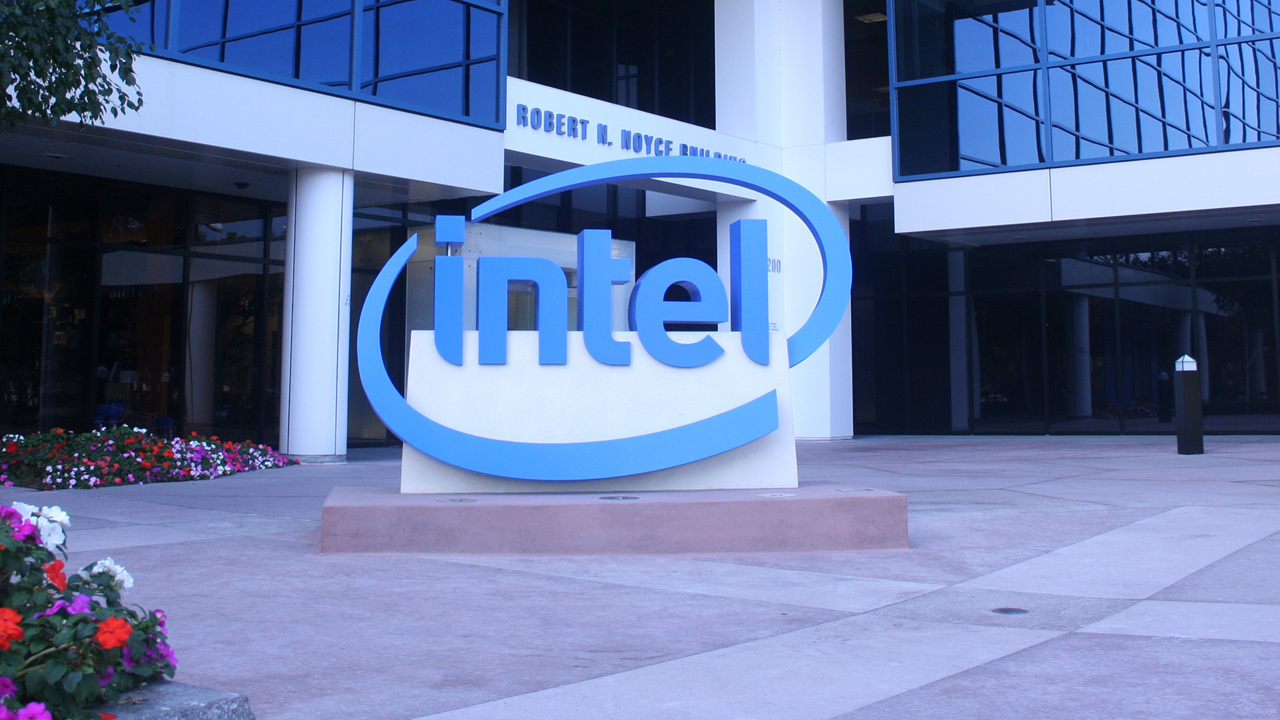
Being one of the world's largest companies with deep pockets, Intel invests in hundreds of startups around the world in a bid to foster the growth of companies in emerging and established domains and strengthen the high-tech ecosystem and supply chain. Intel Capital holds stakes in 43 Chinese technology startups and has invested in more than 120 since its inception in the early 1990s, reports the Financial Times. As a result, the company not only owns stakes in tens of China-based companies but also in startups that pose concerns for the U.S. government, including those working in AI and semiconductor realms.
Intel Capital holds stakes in AI and semiconductor companies from China
Intel's recent investments include $20 million in AI-Link, an AI company, and $91 million in North Ocean Photonics, an optical photonics semiconductor startup. According to the FT, Intel holds stakes in 16 China-based AI companies and 15 semiconductor firms.
Historically, Intel Capital has been an early and significant investor in Chinese technology. For instance, it invested $670 million in over 110 Chinese tech firms in 2014 and $67 million in eight companies in 2015. The fund also invested in AI voice recognition group iFlytek, which was later sanctioned by the U.S. Since 2015, Intel Capital has participated in deals worth $1.4 billion in China. The total value represents the combined deals rather than Intel's specific contributions, which remain undisclosed.
Intel Capital remains active in China, unlike other U.S. venture firms such as Sequoia and GGV, which have spun off their Chinese operations due to political pressures. A rival investor believes Intel must invest in the Chinese AI sector as the company missed quite a lot in the U.S. While China certainly poses risks, Intel may be in a desperate position.
"The fear of missing out in the AI era has created a sense of urgency for Intel Capital," said the head of a competing Chinese venture capitalist in an interview with the Financial Times. "Intel is under such fierce competition in AI in the U.S., they cannot afford to be left behind, so they have to look around the world for where to deploy money into AI, and China is one of the very few options."
Rising geopolitical tensions
Rising geopolitical tensions between the U.S. and China have increased scrutiny of private investments in sensitive sectors, such as AI and chipmaking. New U.S. regulations aim to restrict investments in China's AI and semiconductor sectors, as AI and chipmaking technologies could eventually be used for military purposes. For Intel Capital, this means that it might have to divest some of its investments in Chinese companies.
As a result, Intel Capital has significantly reduced its investment activities in China over the past 18 months, completing only three deals since early 2023, FT notes. This is due to U.S. investment controls, a weakening Chinese economy, and a changing investment climate in recent quarters.
Despite the challenges, Intel's operations in China are substantial, with around 12,000 employees contributing to 27% of the company's global revenue in 2023. Significant customers include Chinese multinational Lenovo (generating 11% of Intel's global revenue), alongside Dell and HP.







